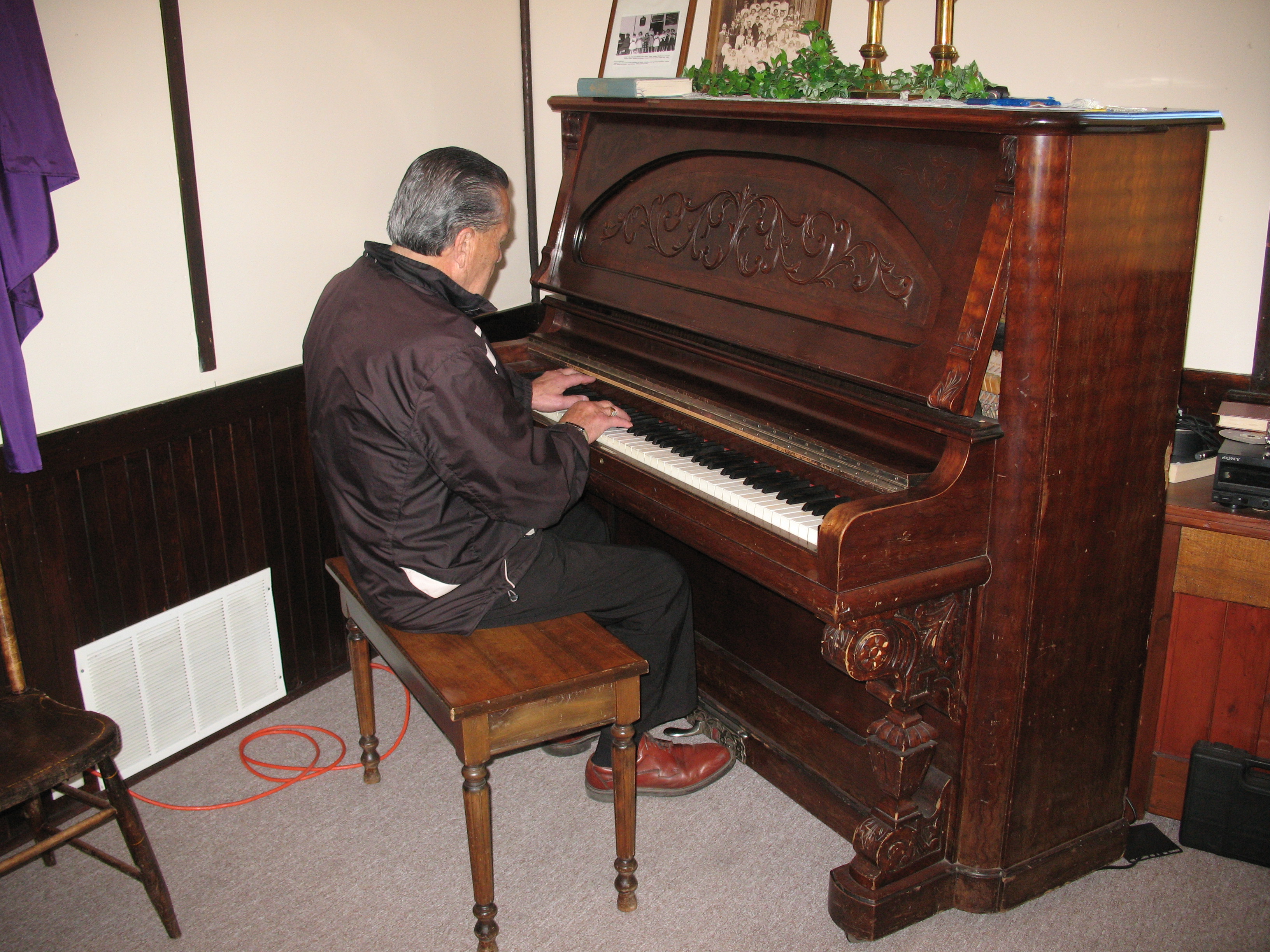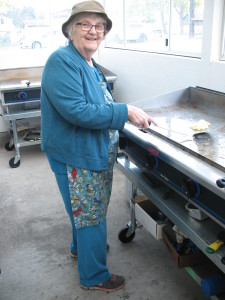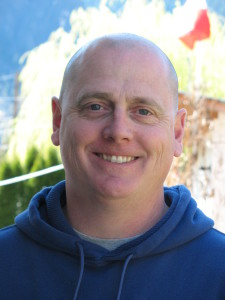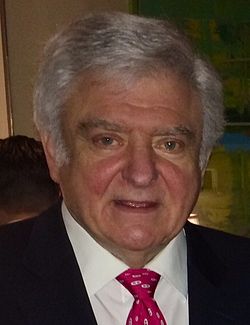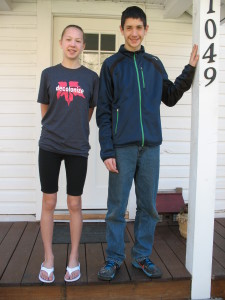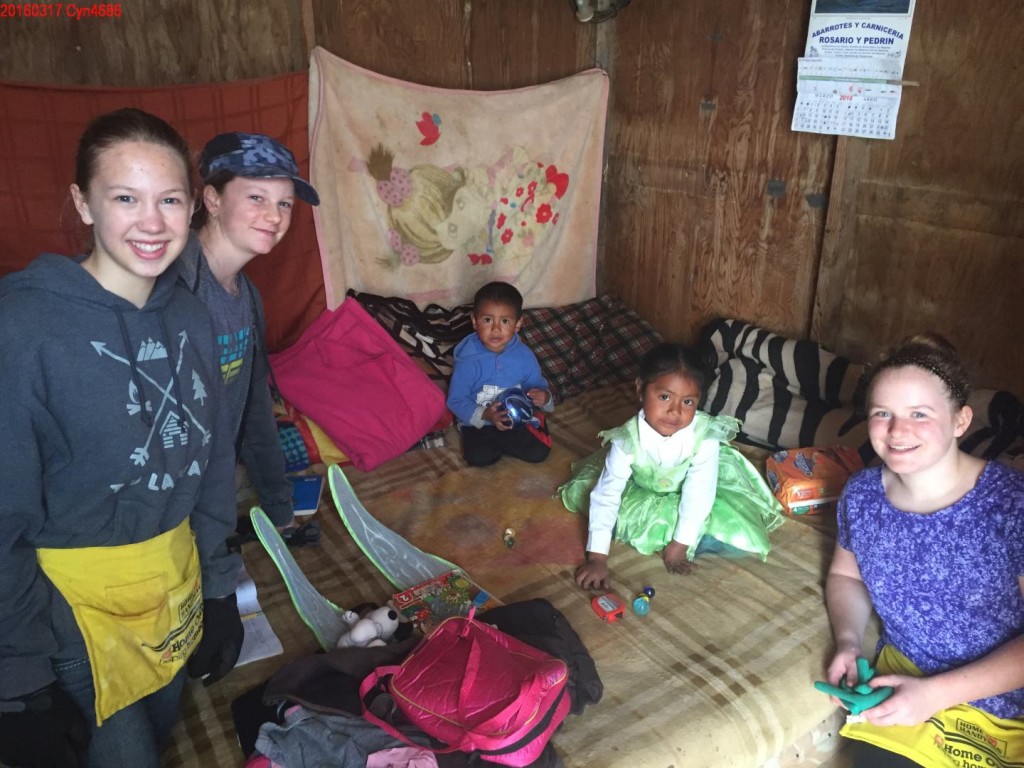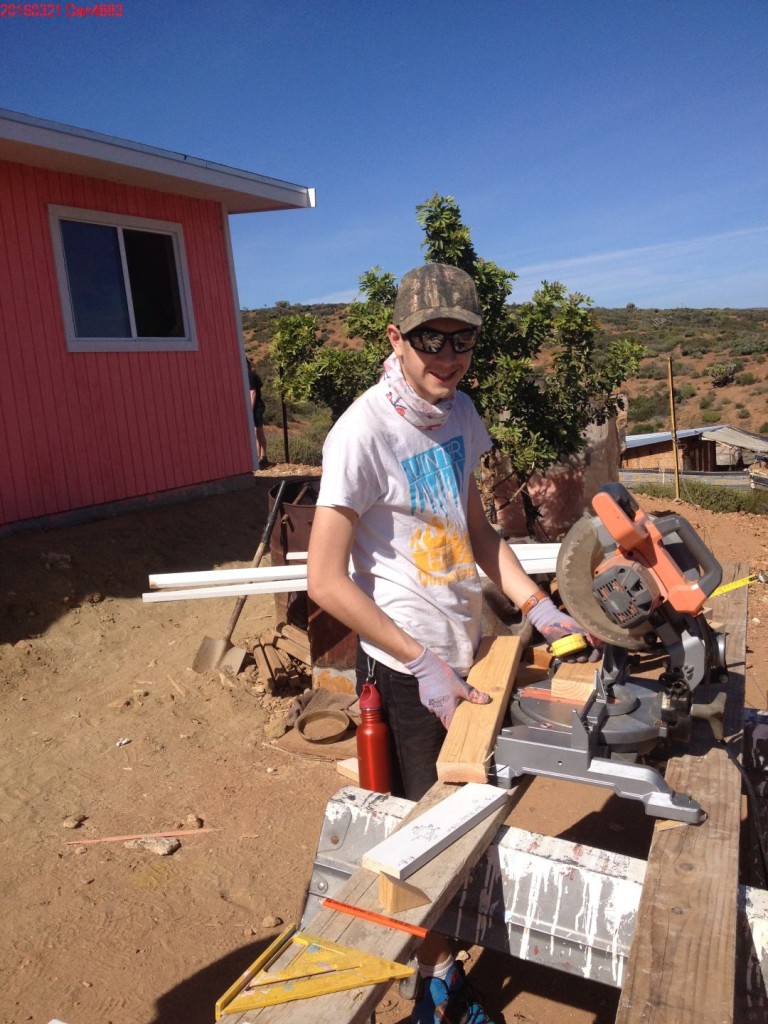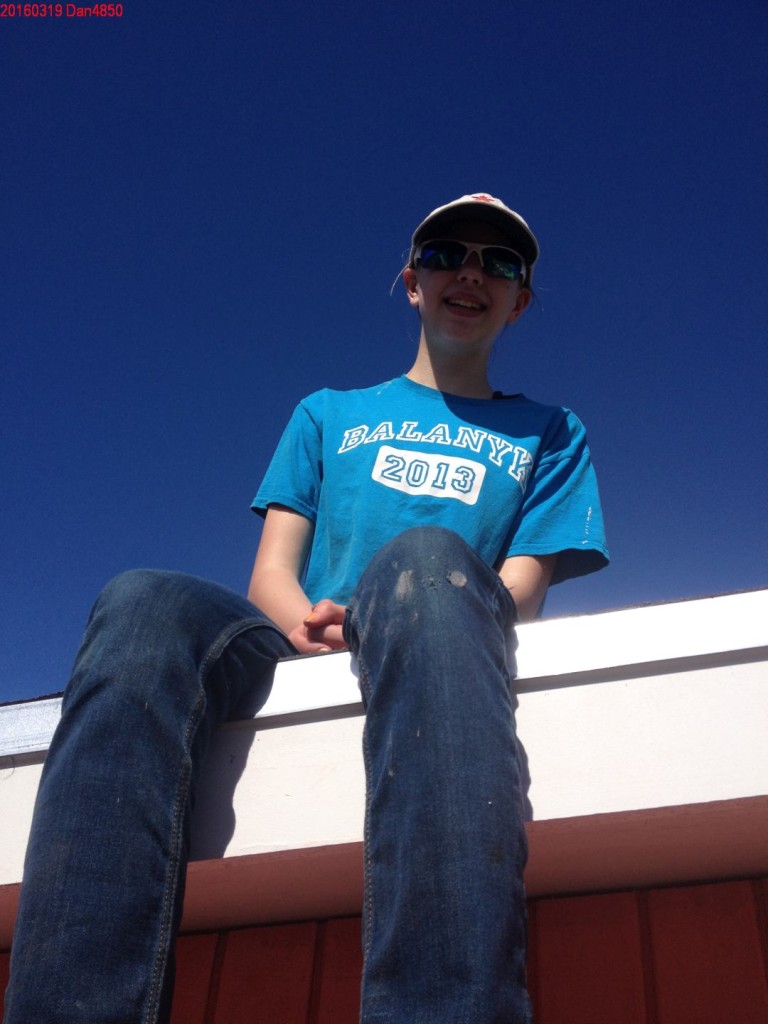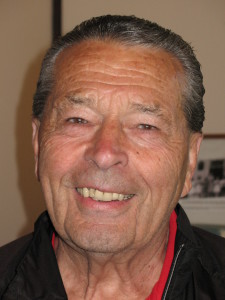
If a child psychiatrist had been asked to predict Garry Jespersen’s future, the prognosis might have included life on the street, years in prison, mental illness, even suicide. Having worked with adult prison inmates and also young offenders, I know that neglect and abuse in childhood is a potent recipe for failure, despair and anger. Garry’s life hasn’t followed this usual trajectory and I wanted to hear his story.
Sitting at our kitchen table recently, he surprised Linda and me with a warm smile that seemed to say, “I welcome you into the inner recesses of my life.” Then, in response to my question he grew serious. “My mom walked away when I was 3 months,” he said. “Social services took responsibility for me and my siblings. At age 1, I was placed in the home of a single woman who put me in the attic of her home. There was a bed and 3 potties. Until age 4 I was never allowed out of that attic. She came up in the morning to give me breakfast and in the evening she brought supper. I was terribly lonely. Often I cried. She would come up and slap me. She’d order me to be quiet and go to sleep.”
Garry’s only connection with the world outside was a small window high in the wall of the attic. He never saw a dog or cat or a man. Also, he never played with other children. No social worker checked on him.
“Not having people in my life, my speaking was limited,” he said. “When the Jespersens adopted me at age 4, I didn’t know how to express my fears or desires. Everything was strange to me and I was scared.” The neglect had stunted Garry emotionally and he couldn’t grasp the Jespersen’s love and compassion for him.
He was taught to do chores on the family farm. One day, at age 9, he got something wrong and his father reprimanded him. Garry didn’t have the emotional understanding to interpret his intent. Feeling rejected, he hitchhiked to another community and stayed away 10 days.
“When my Dad saw me coming along the driveway,” he said, “he cried and hugged me. He was so glad I’d come back.”
Inspite of the all-embracing love of the Jespersens, Garry continued to be an emotional cripple, a frequent condition of children and adults who have been abused. There was one positive in his life. Listening to his mother playing the piano, he became intrigued. His parents enrolled him in lessons with the Toronto Conservatory of Music and he discovered that he had talent.
Garry persuaded his dad to buy him a Harley Davidson motorcycle for rounding up the cows and bringing them to the barn. “When I was 15,” he said, “I had another emotional meltdown and again ran away, this time riding the Harley. I joined a biker gang and stayed away 2 years. When I returned, my family welcomed me with much hugging and crying.”
A few years later he became a realtor and his earnings surprised him. “I was living with 4 guys. There was a lot of drinking. One night I dropped off my date and drove to the High Level Bridge in Edmonton. I had no sense of purpose in my life. The money wasn’t giving me satisfaction or meaning. I intended to jump.”
A name began running through his mind repeatedly. “The name was Herbert Hiller. I remembered he was the pastor of the church my parents attended. I phoned him at 2 am. I was crying and I asked to see him right away. He agreed.”
Garry had a profound spiritual experience that night and once again returned home. “My Dad urged me not to go back to my job and friends. I told him I had debts to pay. He said give me a list and I’ll pay them. He also made arrangements for me to attend a Christian college.”
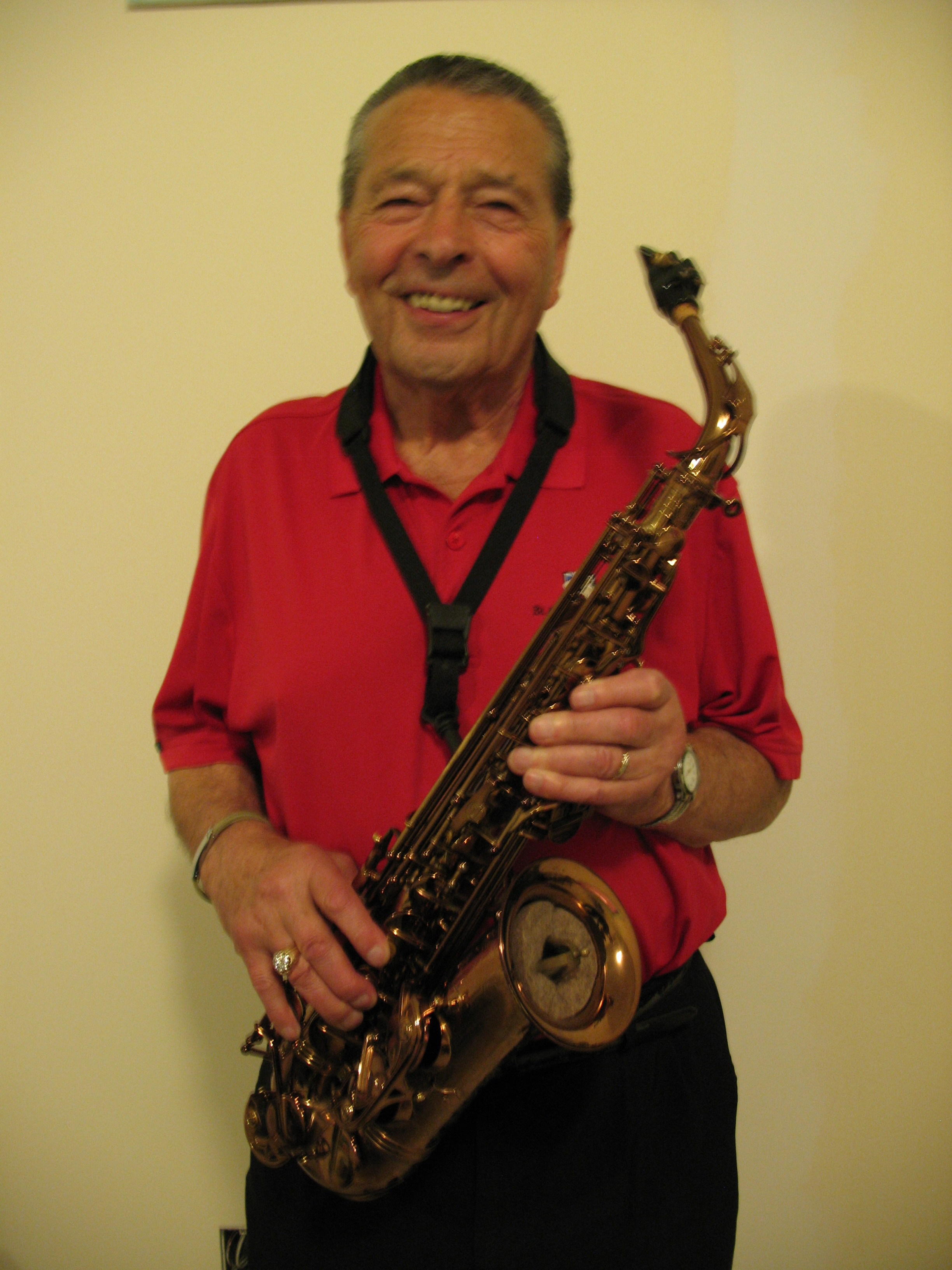
The healing that began in the pastor’s home was not an instantaneous event. Undoubtedly, music has contributed to the transformation. In addition to the piano, he has picked up the saxophone and also sings. He and wife Vi now live in Kelowna and he does 40-50 performances a year. His warm smile, firm handshake and positive message of hope are a clear indication that miracles are still possible.
